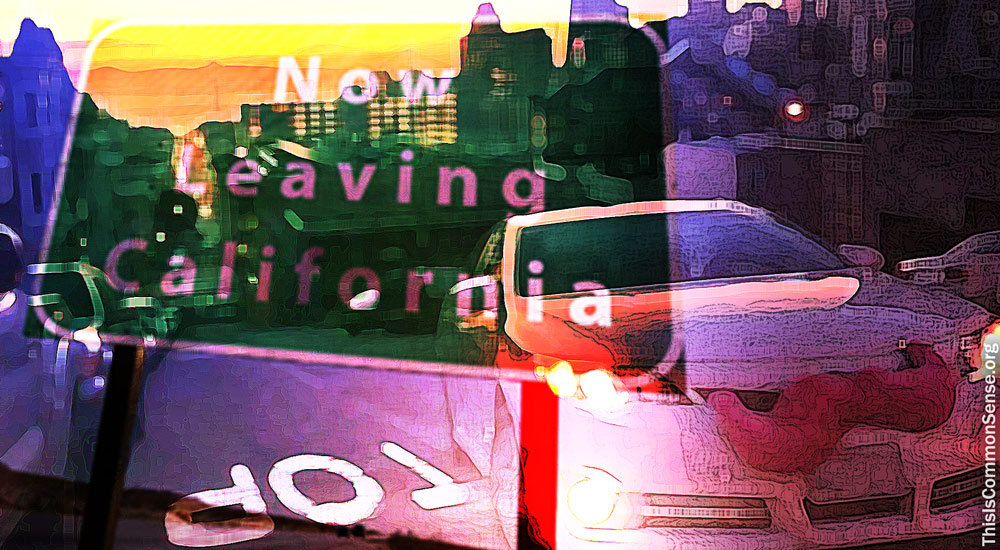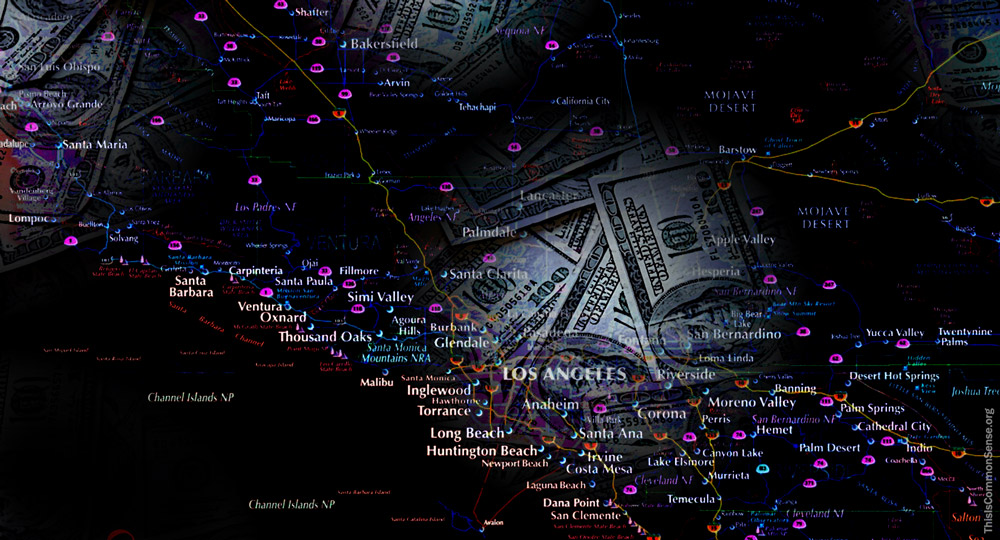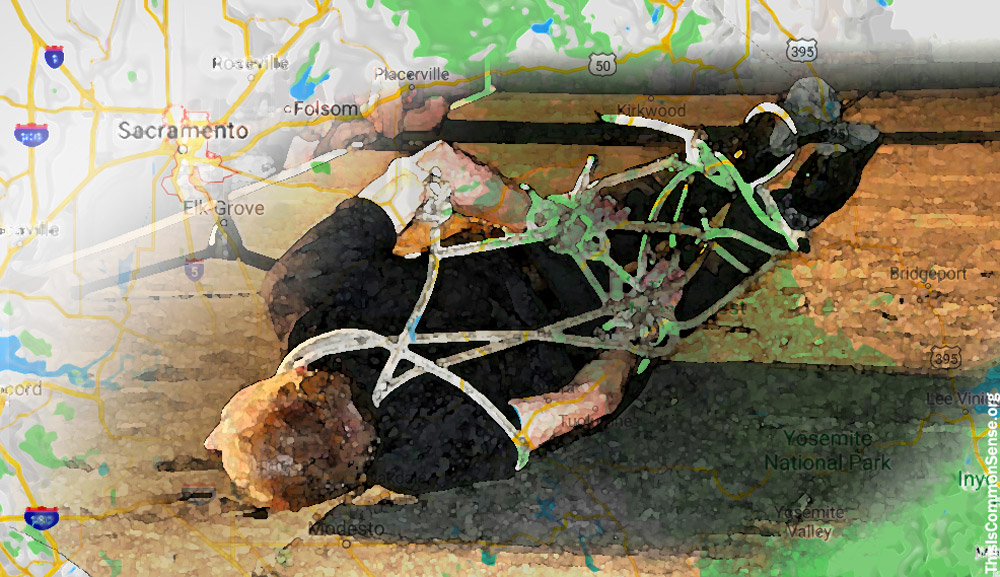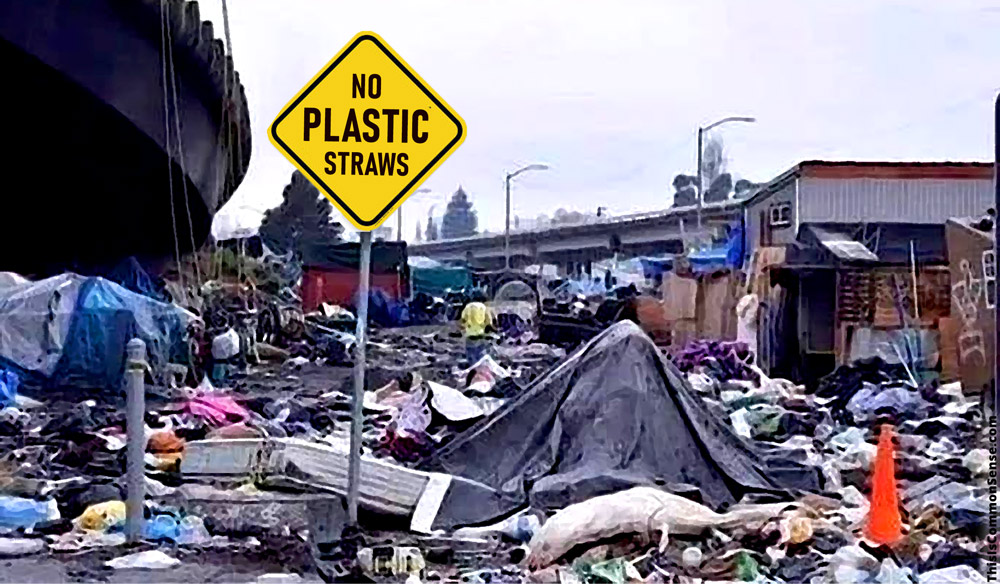Should Uber and Lyft abandon California?
At issue is the anti-freelancer statute AB 5, passed last year in the Golden State, which outlaws independent contractors in many industries.
Including the wildly successful ride-sharing business.
Horrified, threatened, Uber and Lyft have declared their willingness to suspend operations in California if they are forced to reclassify independent contractors as employees.
You see, wage and salary contracts are heavily regulated already, and switching from independent contractors to employees means drivers would be entitled to expensive benefits.
Which would upset the gig economy business model.
A model Democrats hate. This assault on independent contractors is something that Democratic presidential candidate Joseph Biden wants to impose nationwide.
The Democrat-controlled U.S. House passed such legislation in February.
For now, a court order has given the companies a temporary reprieve from another court’s order mandating compliance.
Maybe the dueling decrees will end well for the ride-sharing companies, allowing them to function. Maybe not. There’s also a citizen initiative in the mix. Proposition 22 on the fall ballot would substantially modify AB5 to make it possible for at least some freelancers to do their jobs in the state of nearly 40 million people.
On the other hand, should California officials succeed in imposing their mandate on the ride-sharing firms, Uber and Lyft should follow through on their threat and leave.
The consequences of such attacks on the market should be made as plain as possible as rapidly as possible so that as many people as possible can make the connection between cause and effect.
This is Common Sense. I’m Paul Jacob.
—
See all recent commentary
(simplified and organized)








